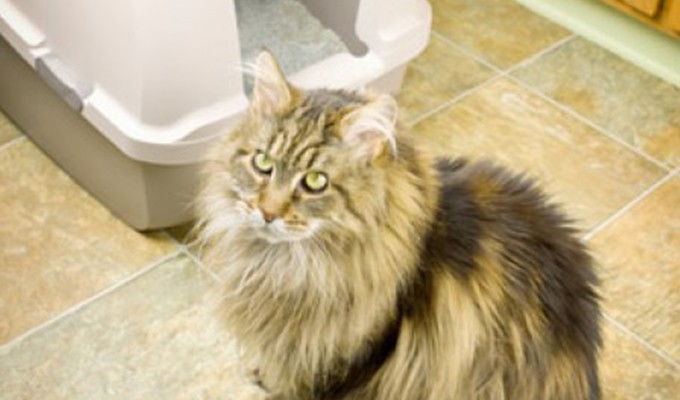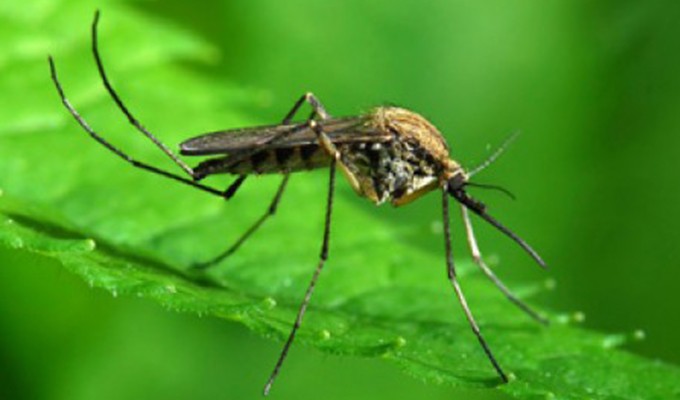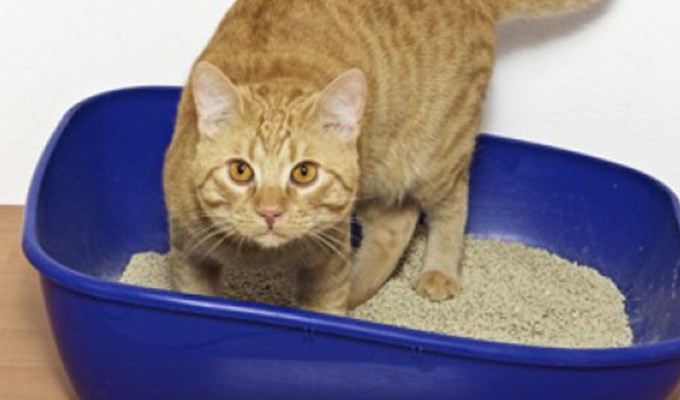Urinary Issues in Cats
Urinary issues can be caused by a number of problems in the urinary tract, which includes the kidneys, ureters, bladder, and urethra. This could mean an infection, an injury, stones, or some kind of blockage. Common signs of a urinary problem in cats include frequent urination, an inability to urinate, urinating outside the litterbox, crying when urinating, and blood in the urine. Depending on the specific problem, treatment ranges from a special diet to medication to surgery. Overview Here’s how a cat’s urinary system works: The kidneys filter waste and toxins from the blood. These waste products then become part…




